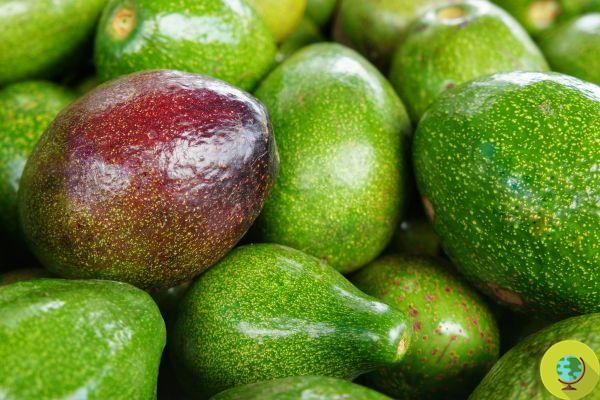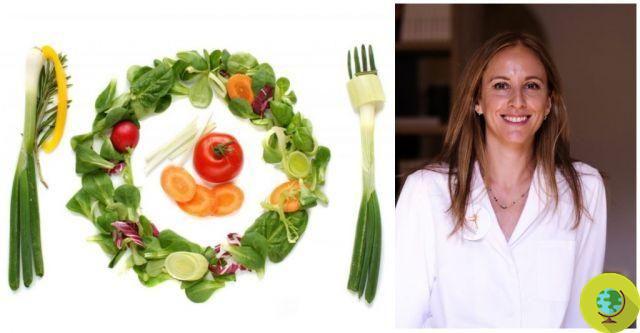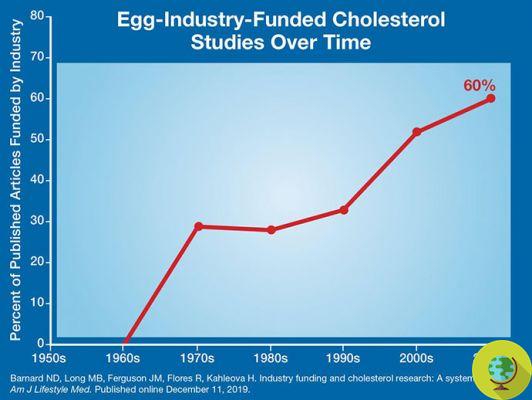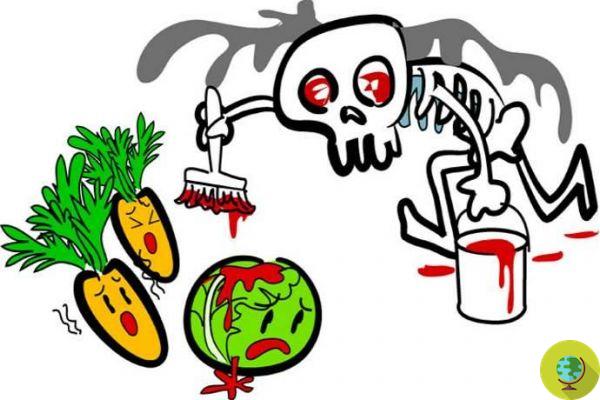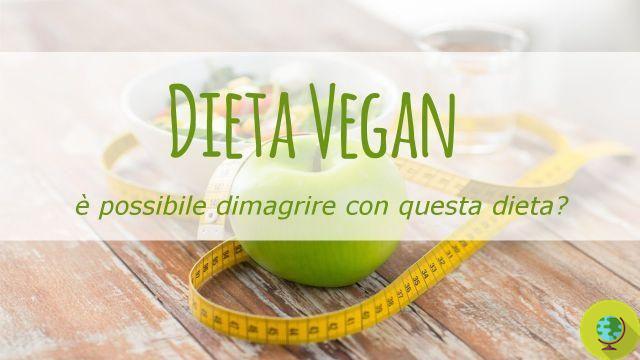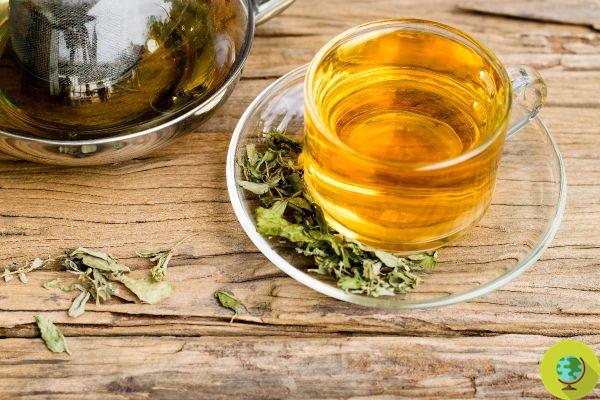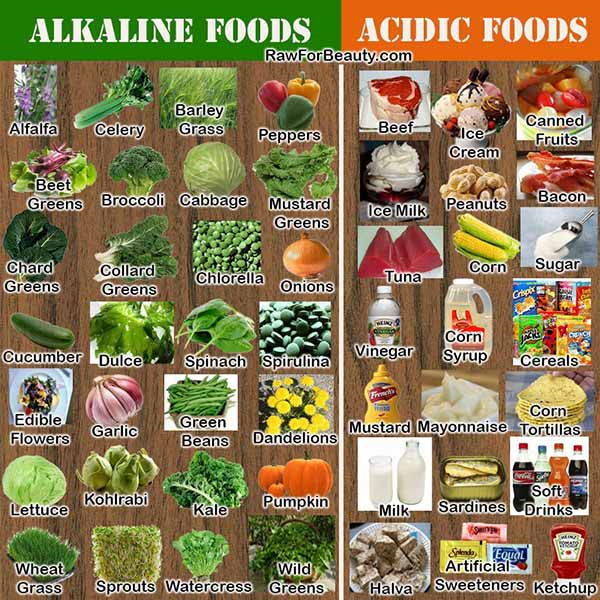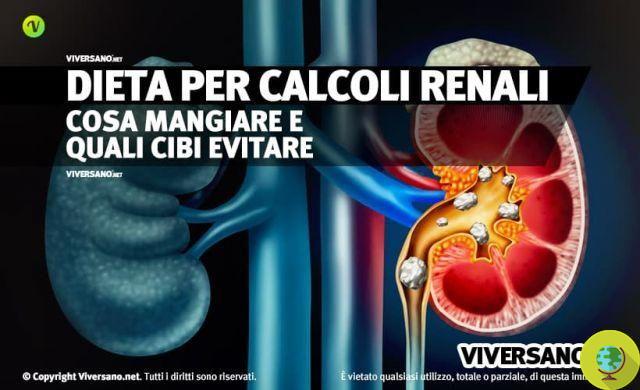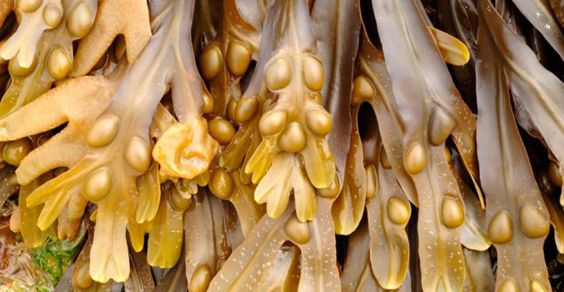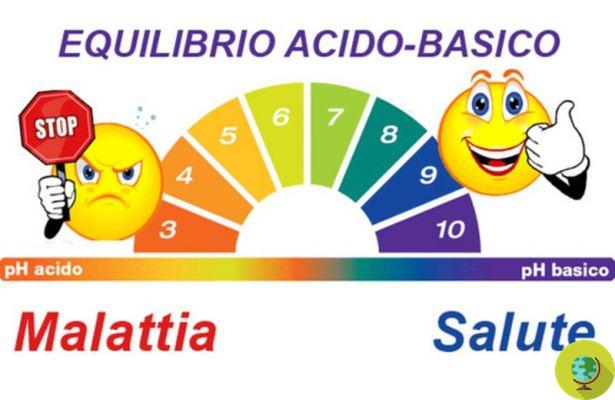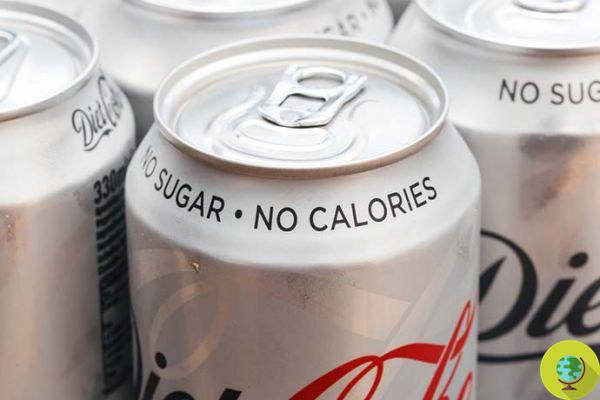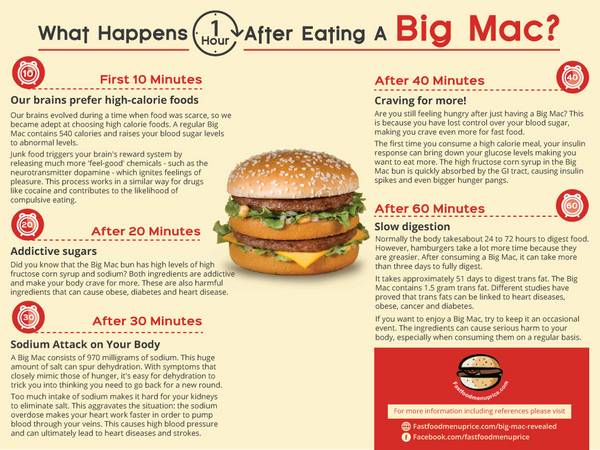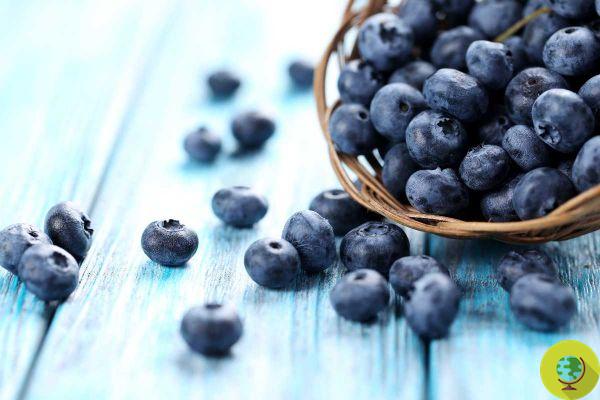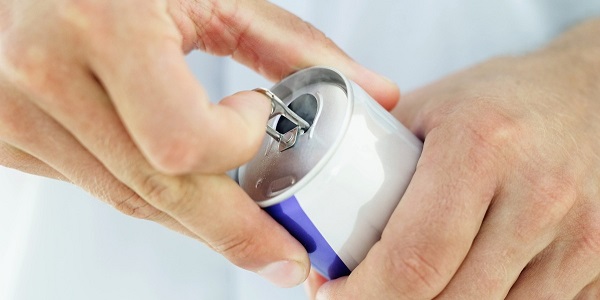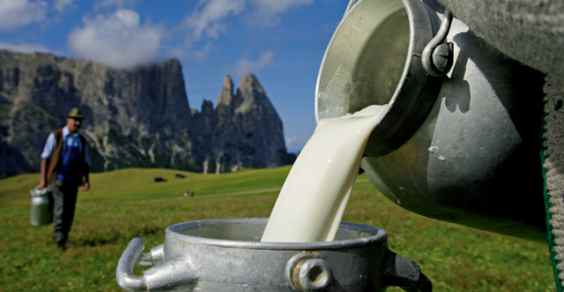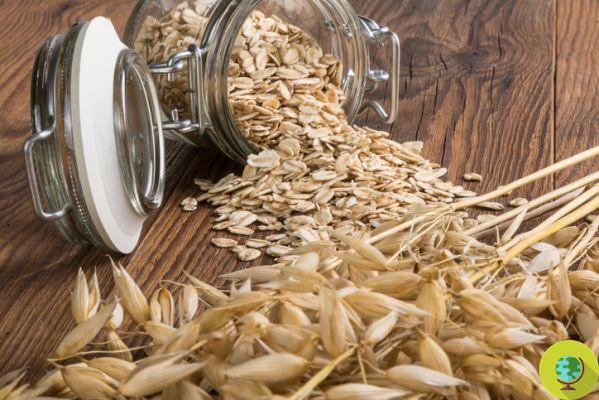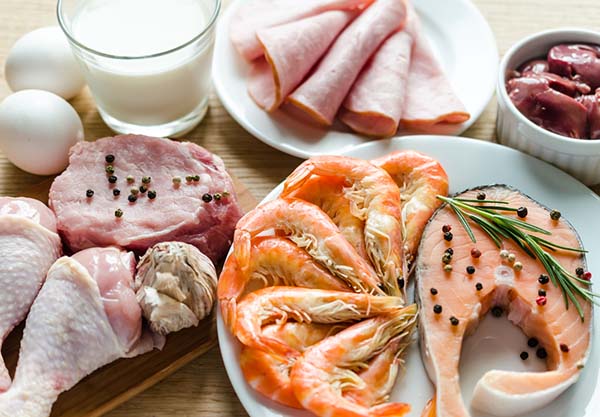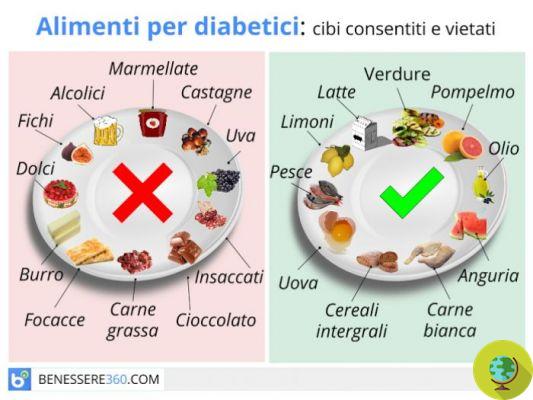
Single doses of caffeine up to 200 mg (including pregnant women) and daily doses of up to 400 mg are not a threat to our health
Don't store avocado like this: it's dangerous
Il coffee is not bad. Obviously taken within the limits, without abusing it and just to delight the palate and cheer us up in the bad moments of the day. Single doses of caffeine up to 200 mg (including pregnant women) and daily doses up to 400 mg I'm not a threat to our health.
In practice, this is the equivalent of three cups of Robusta quality espresso a day or five cups of Arabica quality. To say not to worry is the European Food Safety Authority (EFSA) which has published one draft scientific opinion on the safety of caffeine.
Therefore, having a habit of more coffee a day does nothing but benefit our "daily survival" and, moreover, according to the Authority, it is unlikely that caffeine will interact negatively with the components of the so-called "energy drinks", such as taurine, D-glucuronolactone or alcohol.
What is caffeine - As we read on place Eufic (European Food Information Council) is a xanthine, an alkaloid found in many plants: from coffee beans to tea leaves, from cocoa beans to guarana berries and kola nuts, and which is added to soft drinks and various prescription and over-the-counter drugs.
READ also: Health in a cup of coffee: 3 pros and 3 cons
The average caffeine content is around 85mg per 150ml (1 cup) in ground roasted coffee, 60 mg in instant coffee, 3 mg in decaffeinated coffee, 30 mg in tea leaf or bag, 20 mg in instant tea and 4 mg in cocoa or hot chocolate . A glass (200 ml) of a soft drink that contains caffeine contains on average about 20-60 mg of caffeine.
Sportsmen, children and adolescents - According to EFSA, single doses of caffeine up to 200 mg do not raise safety concerns for adults aged between 18 and 65 "even if consumed less than two hours before strenuous exercise". In any case, it is good to know that single doses of 100 mg can increase the sleep latency time (the amount of time it takes to fall asleep) and reduce its duration in some adults.
Finally, even for children (3-10 years) e teens (10-18 years) “the daily intake of 3 mg per kg of body weight is considered risk-free”. Remember, however, that brain development is completed after the age of 20 so until then excesses of caffeine (but especially alcohol) should be avoided!
Germana Carillo
READ also:
Caffeine: 50% of people who drink coffee are addicted to it
Coffee: good, but not early in the morning or at lunchtime
7 superfoods to not regret coffee




